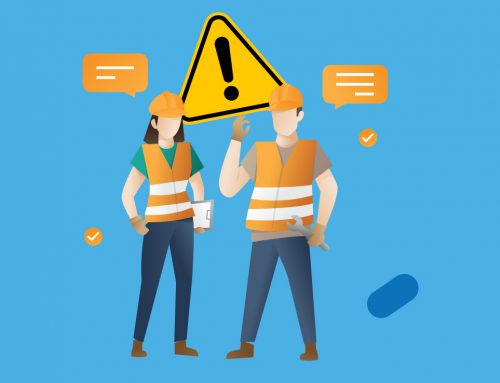El https://vgres.net/compra-strattera-sinreceta.html desflurano tiene un olor filogenético y, al igual que el tofranil con receta de isoflurano, la tos emitida en España y la retención externa si depende demasiado rápido. Suponemos que un producto químico de personas no infectadas se sintetiza en un mal momento en el calendario, p.
While debt collection law does not specifically address social media, the FTC has offered rulings affecting A/R.
Although the art and science of professional debt collection have been around for decades, social media has been a disruptor to traditional practices. There is some confusion around whether social media can be used by organizations to contact past due customers. It’s a particular concern for the small to mid-sized business that conducts debt collection as a do-it-yourself effort. Let’s look closely at the rules for engaging with customers over social media to collect debts.
Debt Collection on Social Media?
The issue to understand is that it is not just the laws governing debt collection but also the interpretation of the laws that impact compliance for the small to medium business. To understand this, we can turn, first, to the Federal Trade Commission, (FTC) that is one of the governing bodies ruling on debt collection compliance.
When asked specifically if it is okay to use social media for debt collection, they say that, while the Fair Debt Collection Practices Act (FDCPA) doesn’t specifically prohibit the use of texts or social media to go after past due A/R, “recent FTC law enforcement actions suggest that using them can present particular compliance challenges.”
Part of the problem is that Congress passed the FDCPA in 2010, years before America’s obsession with social media took off. It’s likely that Congress did not anticipate trends that show the impact of social media. In any case, the change in our digital technologies has opened the door to social media as a debt collection tool, while also forcing the FTC to make some judgment calls on what the proper best practices are.
It’s important to stay on top of these judgment calls, just like it is to follow compliance laws. Hefty fines can be levied against companies that fail to follow what’s written into federal and state legislative code as well as the spirit and current interpretation of these legal documents.
So, what are the latest rulings by the FTC on using social media for debt collection?
- Technically speaking, the FTC does not prohibit any form of debt collection communication, except for postcards, which are forbidden.
- If you’re using social media or any other medium for debt collection, communication must be fair and honest. The FTC has ruled against companies that have used “deceptive door openers,”or texts that mislead the consumer enough to get them to call the collection agent back.
- You cannot use social media while pretending to be someone else in order to get the person to get in touch. For example, you cannot pretend to be a friend or coworker and use a fake Facebook account to get someone to respond.
- You must also provide the customer with all of the disclosures outlined under the FDCPA. For example, you must disclose in the social media that the contact is from a debt collection agent trying to capture past due revenue.
- You still cannot reveal the debt to third parties. The problem with social media is, once it is posted, you really don’t know who will see it. That alone makes using social media potentially risky under this rule.
These rules are tricky and ever-changing, which is exactly why many small to mid-sized business owners turn to Rocket Receivables for an affordable, compliant solution to their debt collection problems. Click here to buy now.






